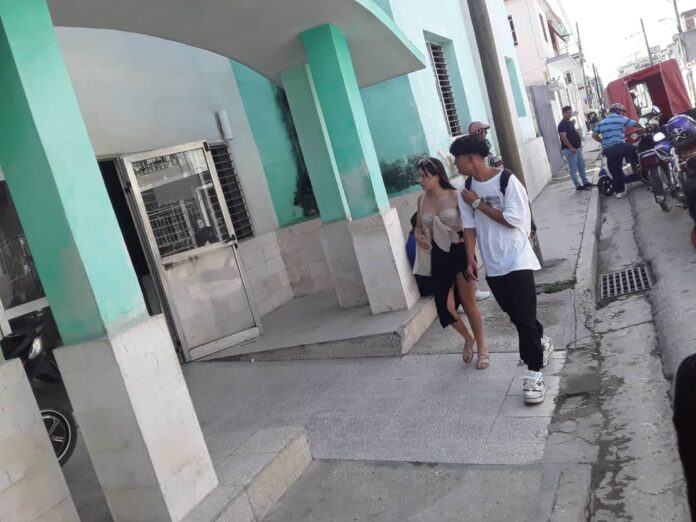
By Lien Estrada
HAVANA TIMES – I feel happy every time I encounter a curb cut, or other such accessible modification to the architectural barriers on the streets where I walk. To me, it’s much more than a sign of a new awareness – it’s also a palpable and valiant act of inclusiveness, like all acts related to inclusion. At the same time, it’s a manifestation of hope, self-improvement, and a sign of respect and love for life, with the mindset of making it more decent than what’s been true up to that point.
These values of our culture, although they may seem permanent, haven’t been with us always, or even for a long time. In fact, the rights of women, Afro-descendants, people with disabilities, trans people or those whose sexuality differs from the hetero-norm; plus the rights of children, animals and all the other rights have been under discussion only since the twentieth century, and on through today. We should also recall that they’re not the fruit of coincidence, or of resigned waiting, either; but of long-running, tenacious struggles waged over prolonged periods of time, where not even an inch of ground has been ceded. On the contrary, groups have taken their criticisms ever further, made them sharper, along with different ways of bringing to realization the ideals forged though the same struggles.
For these reasons, I feel a tingle every time I encounter along my path these concrete adaptations to accommodate all people. They make me aware that I’m living in a privileged historic era. On the other hand, however, it also saddens me to know that in this same historic moment – when my western culture holds up democracy as the highest right – in my county, for example, practicing it isn’t even considered. It’s only talked about in formal terms, with an interpretation that only those in power can sustain. The rest of us, given the mechanisms of oppression we’re subjected to, don’t believe it.

It’s very contradictory to live in a society where – according to the official discourse – the government advocates for inclusive participation, when in reality that inclusion depends on how closely you coincide with the political ideology espoused by the Communist Party in power.
With the same ease that the design and conception underlying a country’s concrete structures can eliminate, marginalize, minimize, make invisible; in other contexts can torture, imprison, sweep people out of their workplaces, social contexts, family circles, just for dissenting a little. Because under a totalitarian government, you don’t need to be in complete disagreement for a person to cease being considered as such, but to become – in the words of the government itself – lumpen, scum, or worms. The latter could be understood as someone who, according to their criteria, deserves to survive in the most pitiful misery, amid rot, who doesn’t deserve to experience the kindnesses of a revolution that demands only the absolute surrender of each person’s human will.
In this day and age, after so many rights have been won through bloodshed, to be born, grow up, develop as people in a nation under this type of government, is pathetic. Really regrettable.
Nonetheless, it’s essential that we continue to do everything possible, conscious of the realities we’ve had to live with. First, to be grateful for the growth we’ve had. Second, to fight for what we still need to conquer. Third, to recognize the full measure of the challenges, because there’s no other way to overcome them.
In Cuba, you can’t begin from zero. The achievements won, like the inclusion of women with the same rights as their male counterparts in work and educational spaces; equal education and public health for all people; attention to our elderly population; or the security that children enjoy are facts, and we have a duty to maintain these things as they’ve’ been for decades.
At the same time, as a society, we must recognize that there’s still a great deal left to achieve. Like freedom of expression and economic liberty; the right to have as many political parties as we consider necessary; respect for different ways of thinking; and learning to view what is different, not as a threat like our political system currently does.
To stimulate a deep awareness of what we’ve passed down – both the good and the mistakes – and create the capabilities and skills to construct and transform, always for the better, is a responsibility and a duty of every Cuban. Because it’s the only road to the country we want to be ours.
Read more from the diary of Lien Estrada here on Havana Times.




